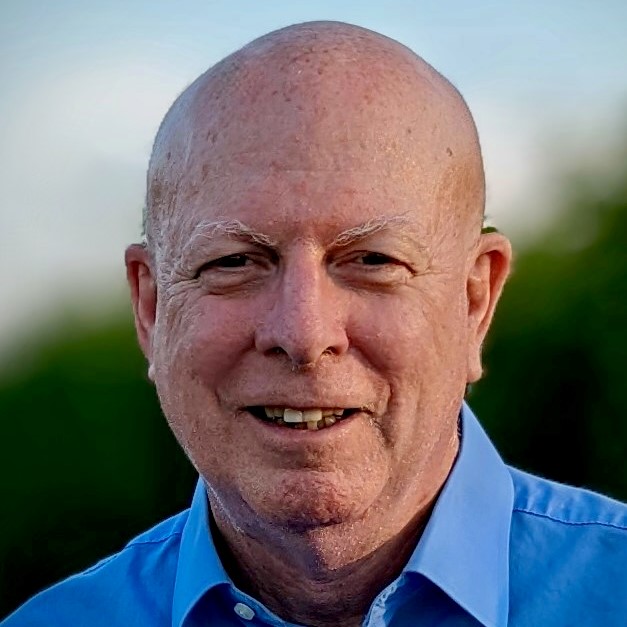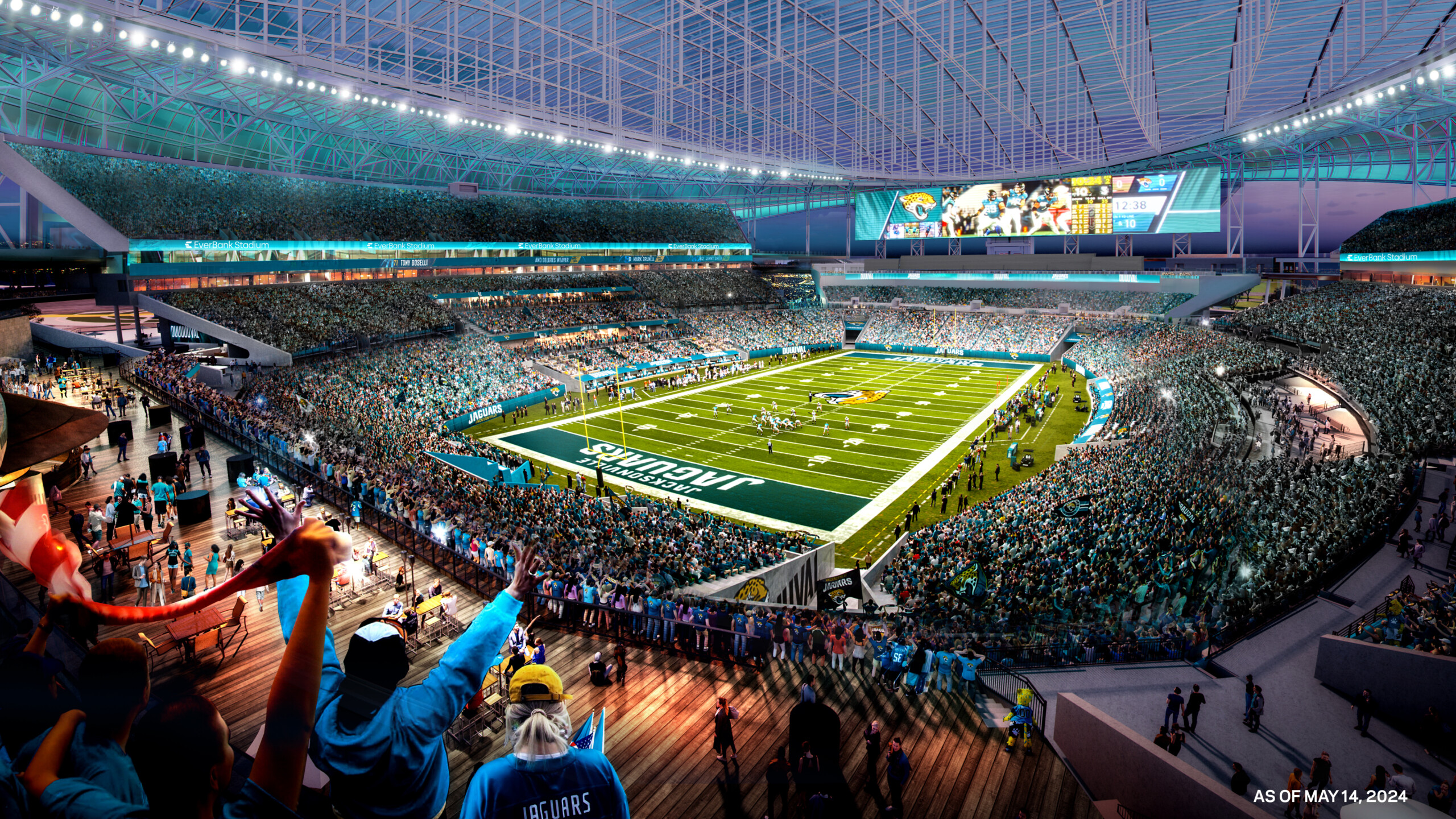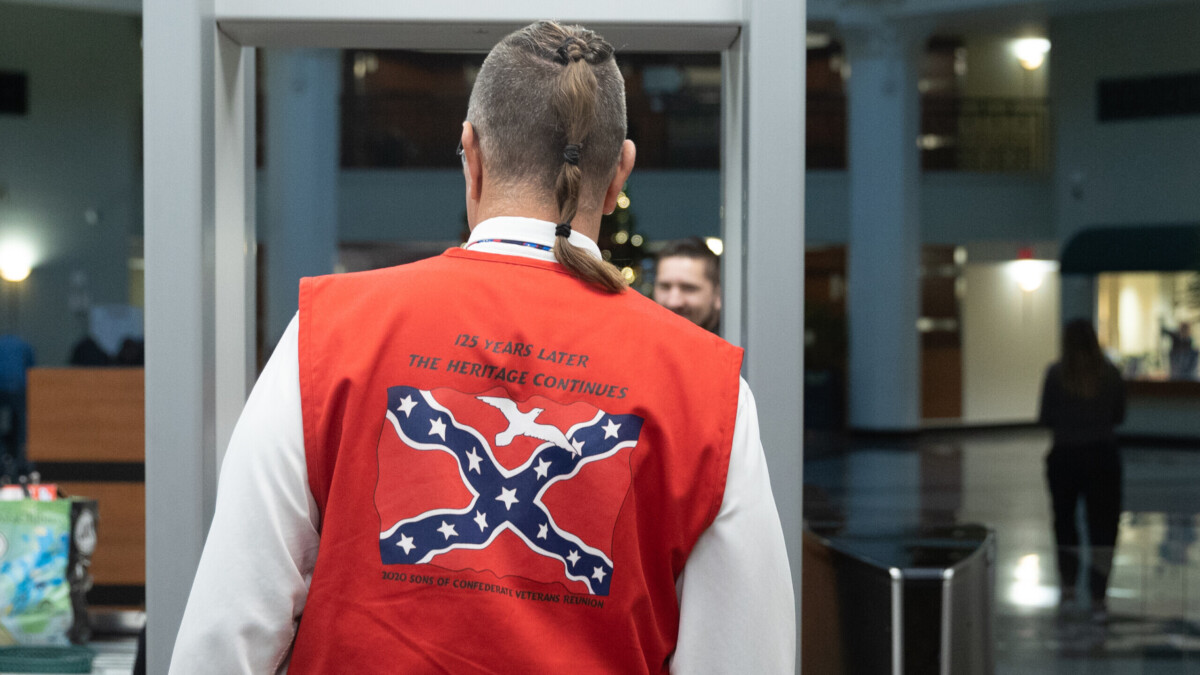
Jacksonville is a city that loves studies and committees and reports and pretty renderings of Downtown buildings. It’s a “three-ring binder” town. But when it comes to funding, this city is all about tokenism. Politicians do just enough to say they’re doing something about a problem, but don’t fund it enough to make a difference.
Former Pittsburgh Mayor Tom Murphy once told me, don’t believe people when they say they can’t fund Downtown improvements. Murphy pushed and found the money to begin a Downtown revival of Pittsburgh.
In Jacksonville, isn’t it interesting that money can always be found for the Jacksonville Jaguars? I have nothing against them. I attended the very first Jaguars game and held season tickets for years. I follow the Jags like many others here.
I know this is heresy, but the Jaguars are not the most important priority in Jacksonville. In fact, a University of North Florida poll last month asked Duval County residents for their most important local priorities. Here they are in order: 23% said infrastructure and roads, followed by education and schools with 19% and public safety and police with 13%. Just 4% of respondents said Downtown revitalization, and 3% said the stadium and the Jaguars.
Now ask yourself: What percentage of Jaguars season ticket holders are affected by them? My guess is that most season ticket holders live in nice houses, in low-crime areas, don’t need busing, have good jobs and are interested in race relations only when it suits them.
City leaders, including Mayor Deegan, promised they would find the money to fund a major renovation of EverBank Stadium. No question about it. And she promised some additional funding for needs in the Eastside. What did we get? A $300 million “community benefits agreement” that includes the Eastside and parks and affordable housing and so on. That’s tokenism. My bet is that riverfront parks will get the bulk of that money. Why don’t we have a special tax for parks? Other cities do. Because Jacksonville is a low-tax town that skimps on major priorities.
Except for the Jaguars.
Admittedly, the deal negotiated by the city and the Jaguars is in line with other recent stadium deals with one major exception — Buffalo and Nashville will receive major funding from their states. Florida’s government refuses to help fund sports facilities.
So Jacksonville taxpayers are on the hook for about 55% of the $1.4 billion stadium renovation, $775 million. The city can afford it. But you won’t be hearing what the city refuses to do fully fund more important quality of life issues.
How will the city address an affordable housing crisis? Thousands of Jacksonville residents can’t afford a decent place to live.
How will the city deal with sea level rise? Given all the waterways in Jacksonville, it is one of the most vulnerable cities in the nation. Jacksonville has seen one of the worst increases in sea level rise, up 6 inches in 14 years, reported The Washington Post. More than one-quarter of major roads could become impassable while the number of residents who face risks of flooding could triple in coming decades.
How will the city find the money for a new jail? The current one is in terrible shape. Estimates are that it will take about $1 billion to build a new one. Currently, we have a committee and a study.
And Duval residents won’t have a chance to vote on this, unlike any other local issue of this magnitude. The Jaguars are a sacred cow.
Let’s do an exercise. Jacksonville has had a professional football team for 30 years. The Jaguars have helped to put the city on the map. Who has benefited the most? I suggest it’s St. Johns, Clay and Nassau counties. That’s where wealthy new residents are moving. Have the Jaguars made life better for residents of the Eastside or any of the low-income sections of the city? Answer: not on a scale that makes a difference.
Now let’s look 30 years in the future when the new city contract with the Jaguars is about to end. Will crime be down? Will Jacksonville have more affordable housing? Will residents be protected from sea level rise? Not without a major break with Jacksonville’s tradition of tokenism.
At the current rate, my answer is Jacksonville in 30 years will have a pro football team and the departures to the suburbs will only have gotten worse, leaving the city with even fewer resources to deal with issues more important than football.

Mike Clark devoted about 47 years to Jacksonville's two daily newspapers. He retired in 2020 after 15 years as editorial page editor at The Florida Times-Union, where he and his staff won local, state, regional and national journalism awards.
He is the author of the new book, “Civil War Survivor: Incredible True Story of a Union Private.”





